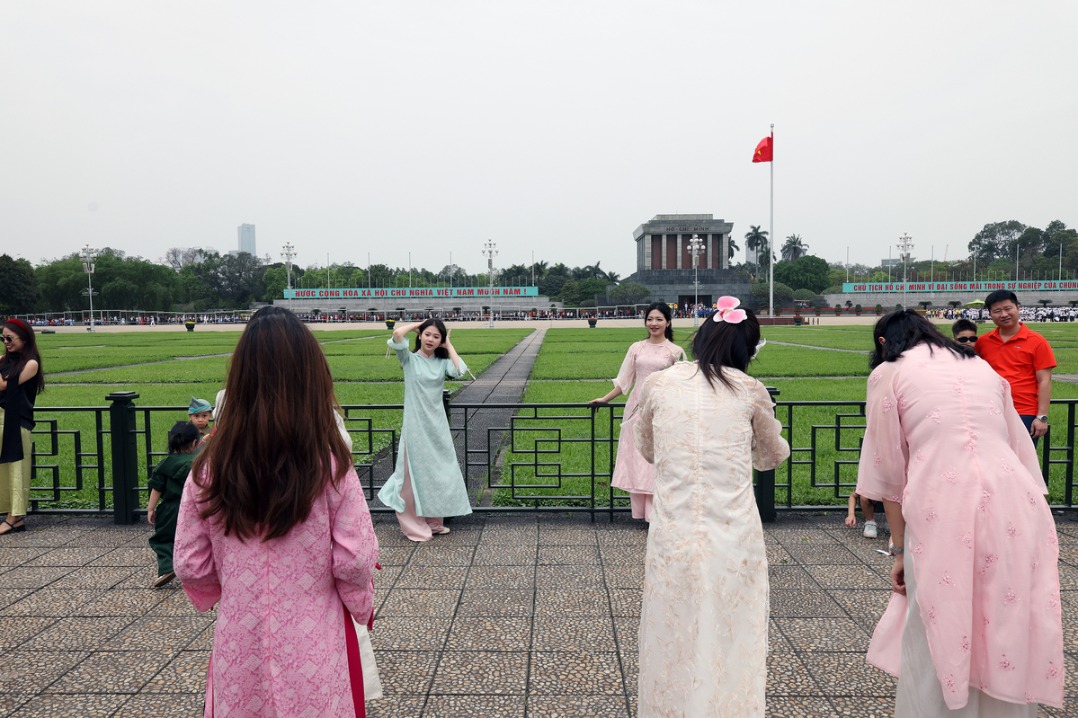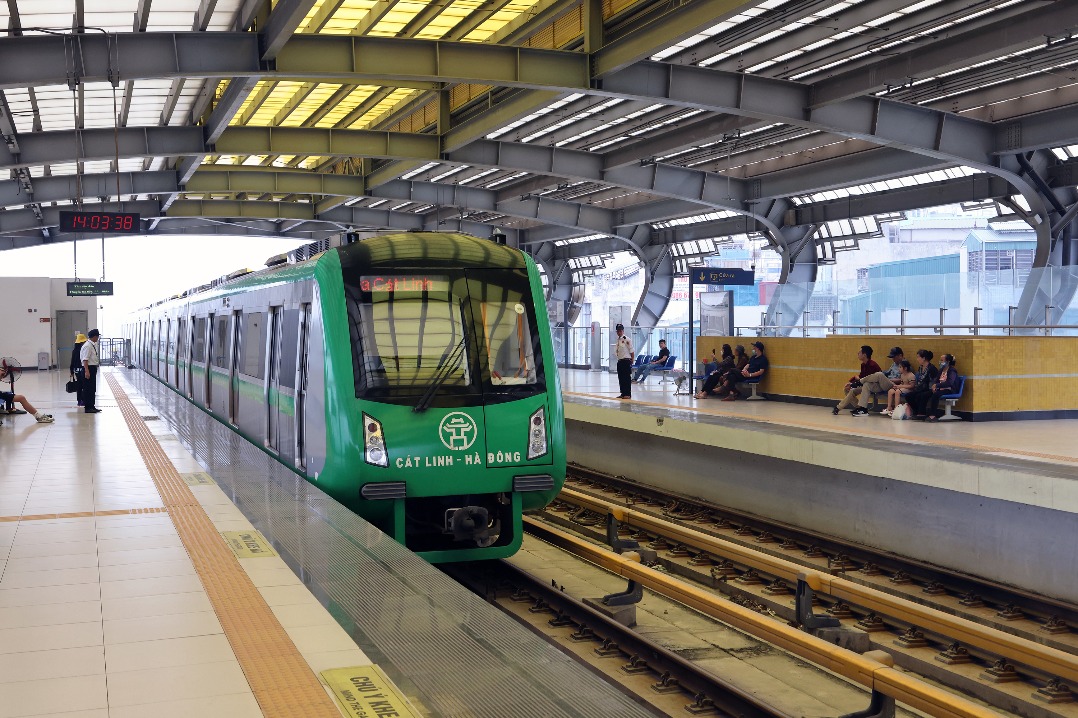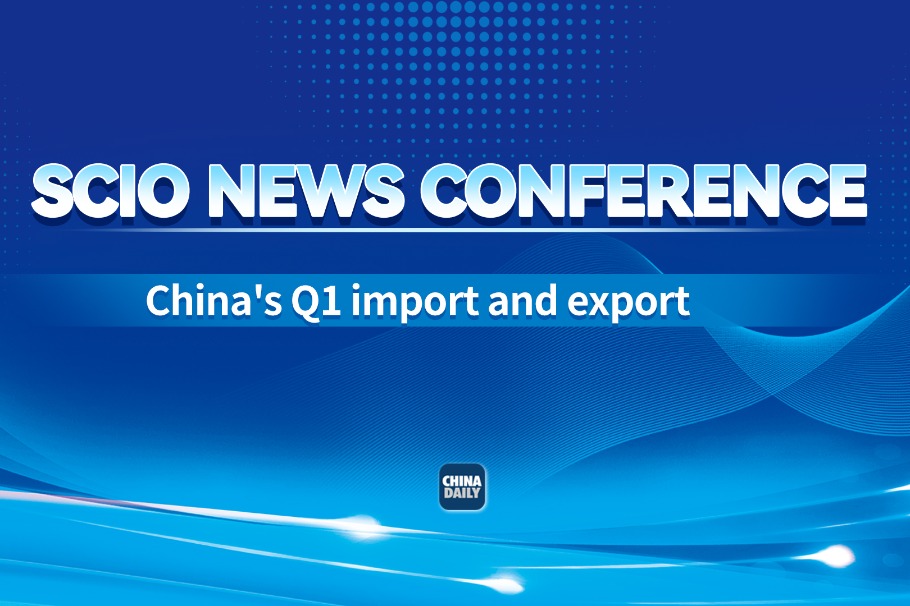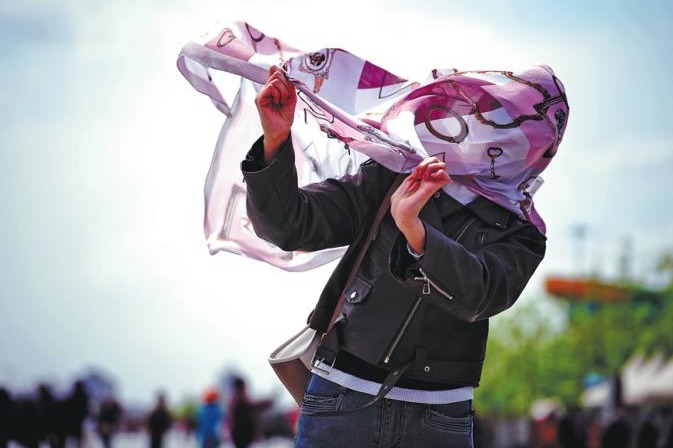ROK not reviewing delay of termination of military intelligence-sharing pact with Japan
Xinhua | Updated: 2019-11-11 16:42
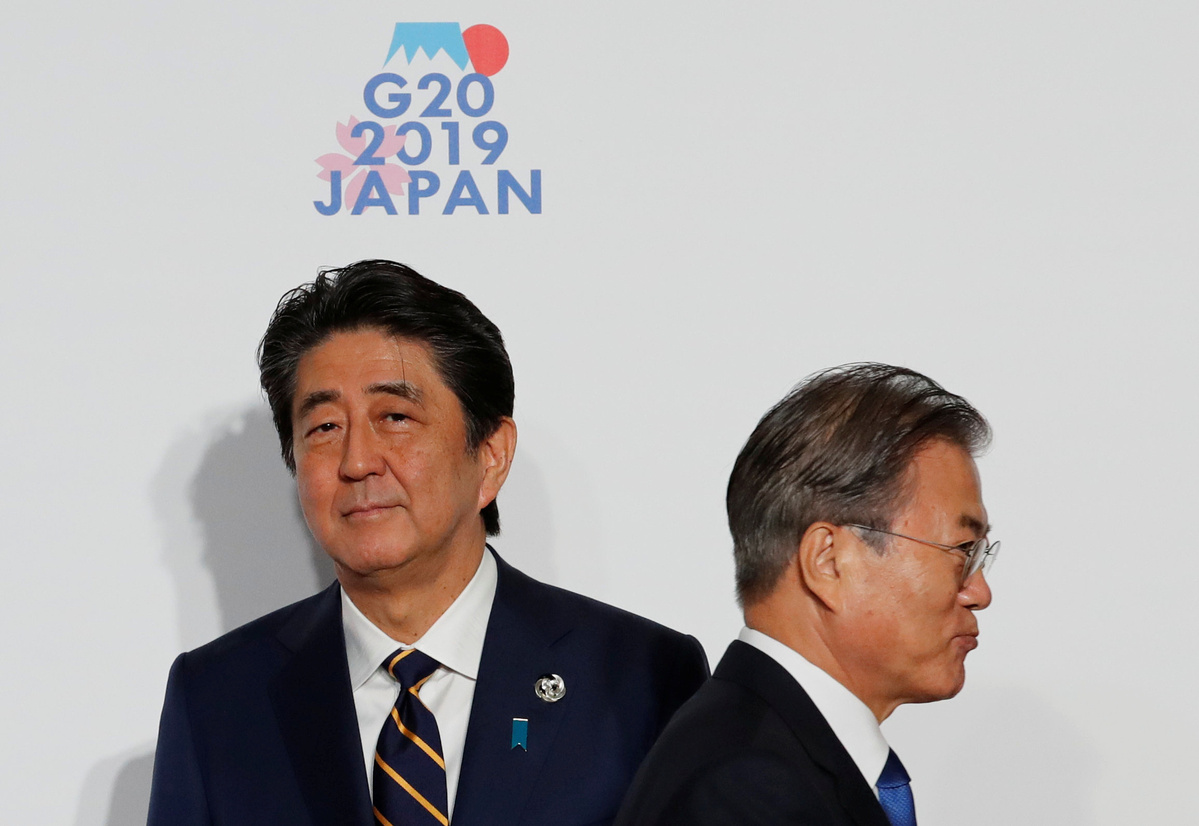
SEOUL -- The Republic of Korea's defense ministry said Monday that it was not reviewing the delay of the termination of the military intelligence-sharing pact with Japan, called the General Security of Military Information Agreement (GSOMIA).
Choi Hyun-soo, defense ministry spokesperson, told a press briefing that the delay has not reviewed currently.
Asked about some media speculation of the delay, the spokesperson said it has not been confirmed yet.
The comment came ahead of the scheduled expiration on Nov 23 of the GSOMIA, which was signed by Seoul and Tokyo in November 2016 to share military intelligence on nuclear and missile programs of the Democratic People's Republic of Korea (DPRK).
The ROK decided in August to scrap the military accord in response to Japan's tightened regulations in July over its export to ROK of three materials, vital to produce memory chips and display panels that are the mainstay of the ROK export.
Choi told the press briefing that if Japan cancels the unjust retaliatory measures along with the recovered relations between the ROK and Japan, various issues could be re-considered including the GSOMIA.
She added that there has been no change in that position yet.
Chung Eui-yong, top security advisor for ROK President Moon Jae-in, told a press conference Sunday that if Seoul-Tokyo relations are normalized, the ROK government would have willingness to review the renewal of the GSOMIA.
The Seoul-Tokyo ties have soured after Japan's export curbs in July, which came in an apparent protest against the ROK top court's rulings that ordered some of Japanese firms to pay reparation to the ROK victims who were forced into hard labor without pay during the 1910-45 Japanese colonization of the Korean Peninsula.
In August, Japan dropped the ROK off its whitelist of trusted trading partners that are given preferential export procedure. In response, Seoul removed Tokyo from its whitelist of trusted export partners.





